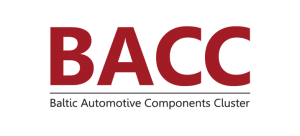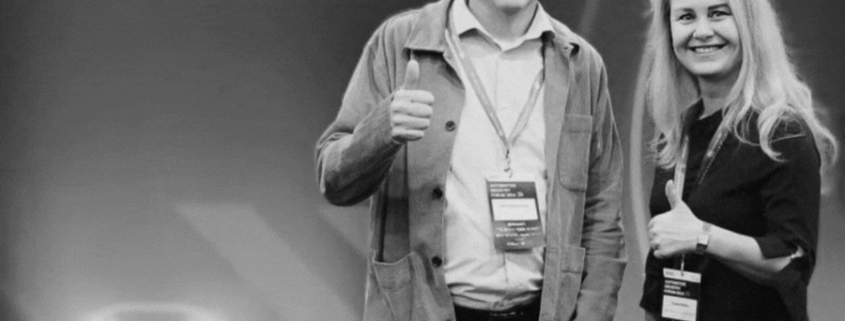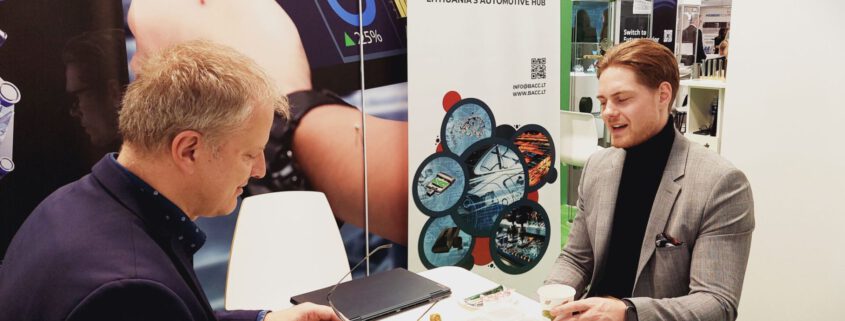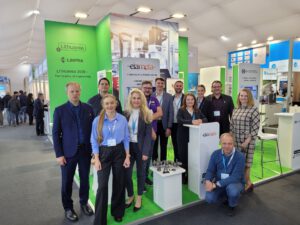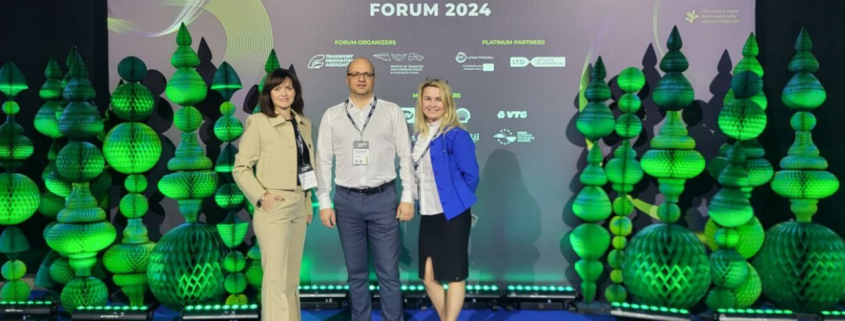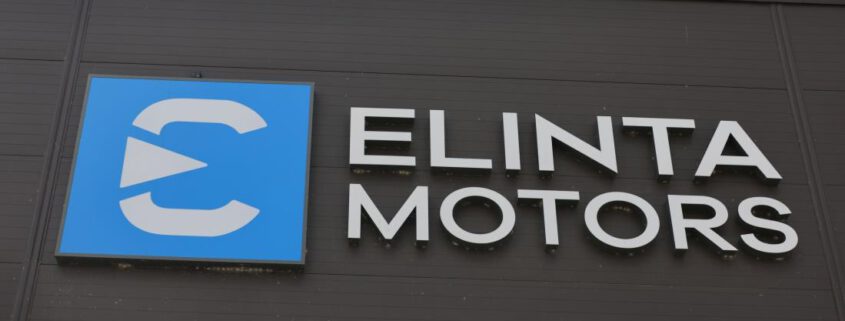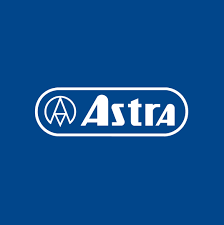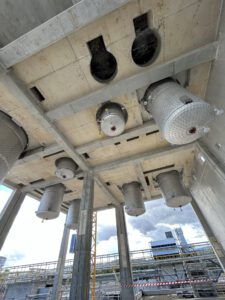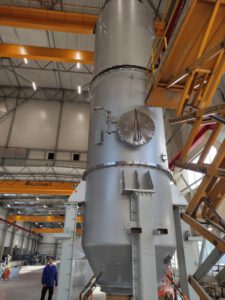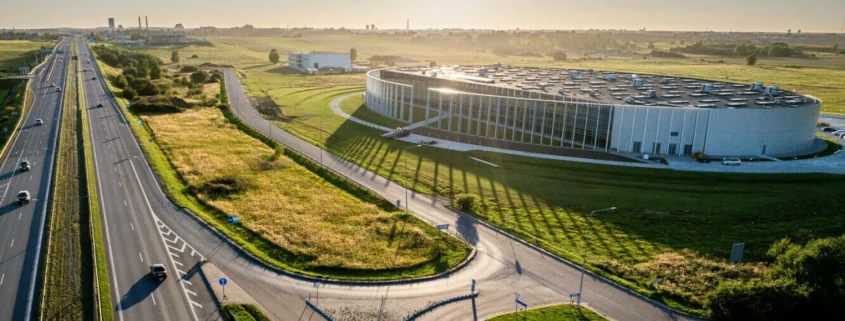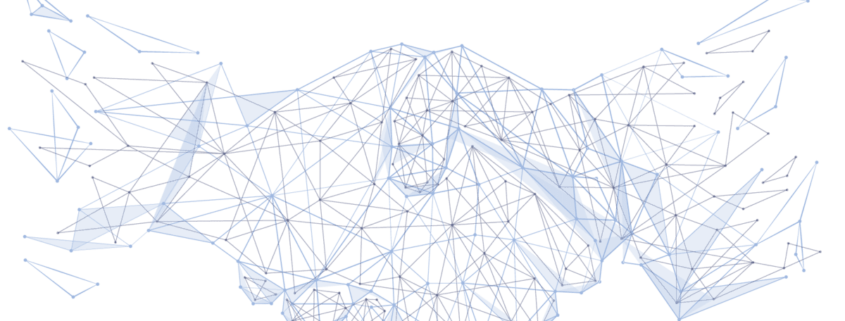2024-10-17, Vilnius
Last week, BACC had the incredible opportunity to immerse ourselves in the evolving world of mobility and transportation in Vilnius. The focus of the two-day event was on the transformation of public transportation and the rise of greener, more sustainable mobility options.
As Europe moves toward zero emissions through initiatives like Low Emission Zones (LEZs) and upcoming Euro 7 standards, cities are seeing fewer cars on the roads and more emphasis on public transport and eco-friendly alternatives such as buses, bikes, and shared mobility services.
Testing Autonomous Transport Solutions
One of the standout developments is the testing of autonomous vehicles for public transport. In partnership with SĮ Susisiekimo paslaugos and Remoted, the Auve Tech L3 autonomous bus has recently been launched in areas where regular bus services are unavailable. If successful, this solution could become a key part of the commuter experience, similar to systems already running in Japan.
This is just the beginning – as autonomous technology proves its effectiveness, we can expect it to become an integral part of future transport networks.
Key Takeaways from the Transport Innovation Forum
BACC also participated in the Transporto Inovacijų Asociacija’s annual forum, now in its sixth year. The forum provided a platform for professionals to explore the future of transportation. One powerful quote that stood out was from Ji Xinping in 2013:
“The vast ocean of data, just like oil resources during industrialization, contains immense productive power and opportunities. Whoever controls big data will control the resources for development and have the upper hand.”
This quote sparked interesting discussions about the growing role of data in the automotive industry. With major players, like China, already integrating powerful data collection systems into cars, it’s eye-opening to realize how much personal data we unknowingly provide when purchasing more affordable vehicles.
Looking Ahead: The Future of Mobility in the Baltics and Beyond
The discussions in Vilnius highlighted that the future of mobility is rapidly changing. The Baltics is becoming a key player in this transformation, with the rise of autonomous vehicles, improved public transportation, and more sustainable mobility options.
Join the Conversation
BACC is committed to advancing innovation in the automotive and mobility sectors. Stay tuned for more updates on events, partnerships, and cutting-edge solutions that are shaping the future of transportation.
About Baltic Automotive Components Cluster (BACC)
The Baltic Automotive Components Cluster (BACC) is a leading organization focused on fostering innovation and collaboration within the automotive and mobility industries in the Baltic region. By bringing together experts and businesses, BACC helps drive the future of sustainable and efficient mobility solutions.
